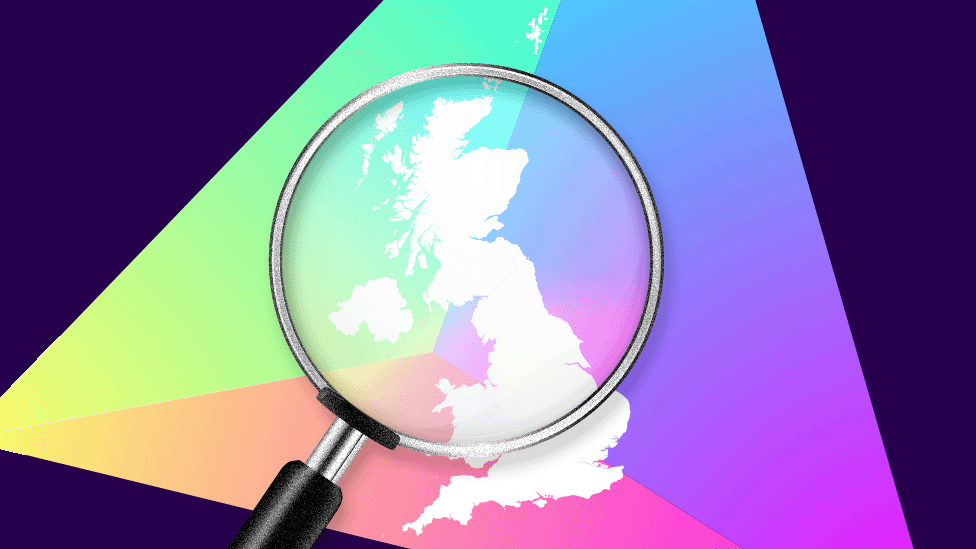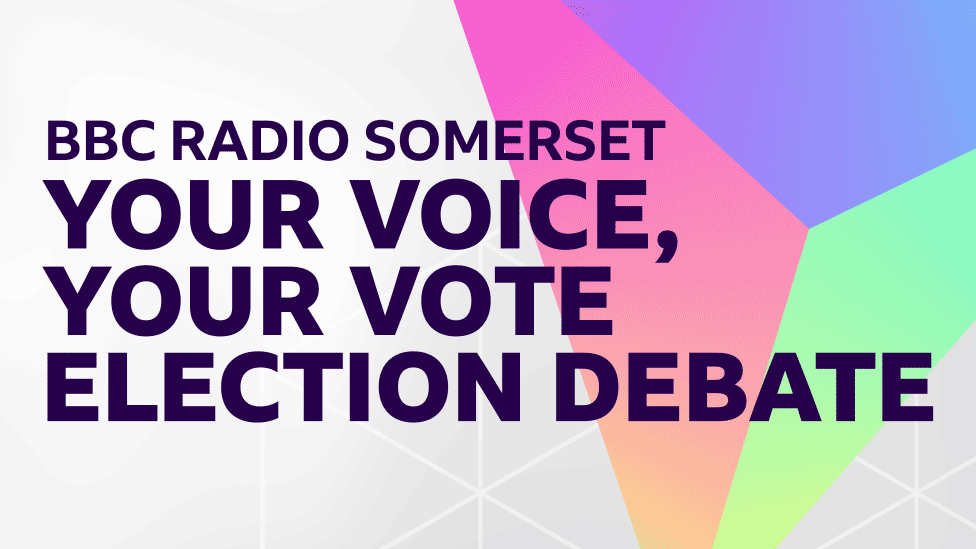'I'm 42 years old and I've never voted'
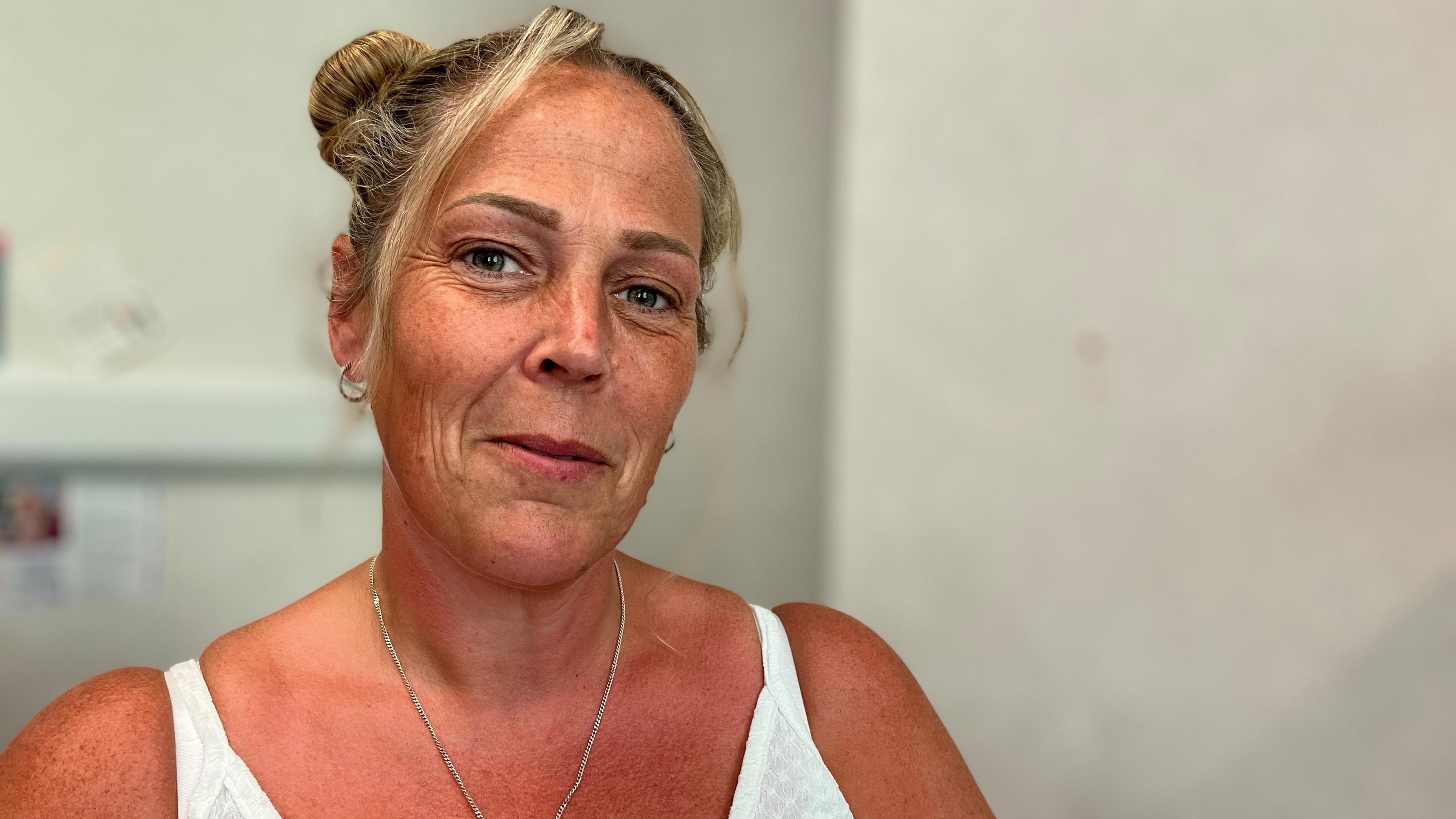
Dani Brown, 42, has registered to vote for the first time in this general election
- Published
The political campaigning is all but over with the general election tomorrow expected to be a "landmark" one. But many people right across the country will still be deciding if and when they will put pen to paper to have their say on who should run the country.
Dani Brown, 42, from Bridgwater, in Somerset, is a hardworking mum of five with lots to say on how the country could be improved. But she says she has never voted in an election.
During the past four general elections, nearly a third of people eligible to vote chose not to.
In a recent report for the National Centre for Social Research, electoral expert Sir John Curtice found record numbers of voters said they "almost never" trust governments to put country before party or politicians to tell the truth when in a tight corner.
"The public is as doubtful as it has ever been about the trustworthiness and efficacy of the country’s system of government and the people who comprise it," Sir John warned.
Ms Brown, who works for a charity that supports women facing multiple and complex needs, said she thinks people are put off voting by the "way politicians speak".
"People aren't going to vote for something they don't understand," she added.
"If they were clearer, like giving bullet points, and if we thought they were actually going to go through with things, that could make a difference."
Ms Brown said she thinks people can "struggle to understand the information" during a general election campaign, but that does not mean they are short of ideas on how to improve things.
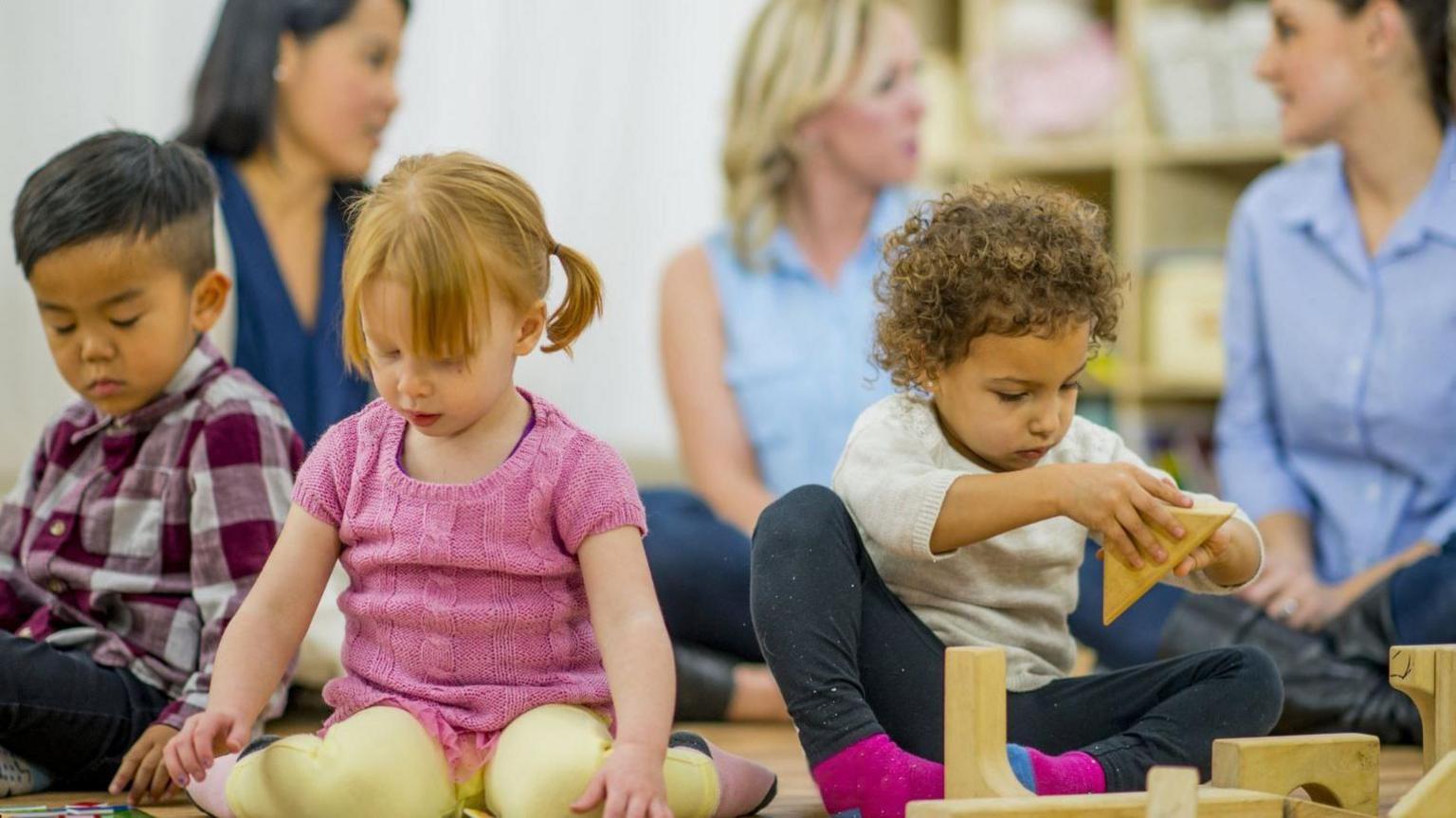
Dani Brown wants politicians to recognise the impact of affordable childcare
But Ms Brown has registered to vote in this general election, for the first time, due to the issues that matter most to her and after speaking to other people around her.
"It's making sure that people aren't going without money because we know, at the charity that I work for, that when you don't have money that's when crimes are committed," she said.
"If you are living in poverty, people then turned to shoplifting to feed their children or to get those bills paid."
She wants politicians to recognise the impact of affordable childcare, too.
"Because if we have childcare and the benefits system sorted out, more people would return to work, and along the line that would help improve mental health and wellbeing," she said.

What are the parties offering on working-age benefits and childcare?
The Conservative party manifesto pledges to give 30 hours of free childcare to parents with children aged nine months to five years from September 2025.
It also said it will cut the benefits bill by £12bn with better targeting of disability benefits and by expanding mental health services.
The Labour party said it will expand childcare with 3,000 new primary school-based nurseries and free breakfast clubs at every primary school in England.
It also said it would reform employment support, including by bringing Jobcentre Plus and the National Careers Service together, to help people get into work.
The Liberal Democrat manifesto promises to ensure all parents can access flexible and affordable childcare, scrap the child benefit cap and remove the two-child limit.
It also said it will double statutory maternity and shared parental pay, and introduce an extra month’s leave for fathers and partners paid at 90% of earnings.
The Green Party said it would increase universal credit and legacy benefits by £40 a week and abolish the two-child, child benefit cap, as well as moving towards a four-day working week.
Reform UK wants to allow parents to front-load child benefits for children aged one to four.
It said it will reform benefits support and training to get two million people back to work, with tax relief for businesses offering apprenticeships.
Follow BBC Somerset on Facebook, external and X, external. Send your story ideas to us on email or via WhatsApp on 0800 313 4630.
Related topics
- Published26 June 2024
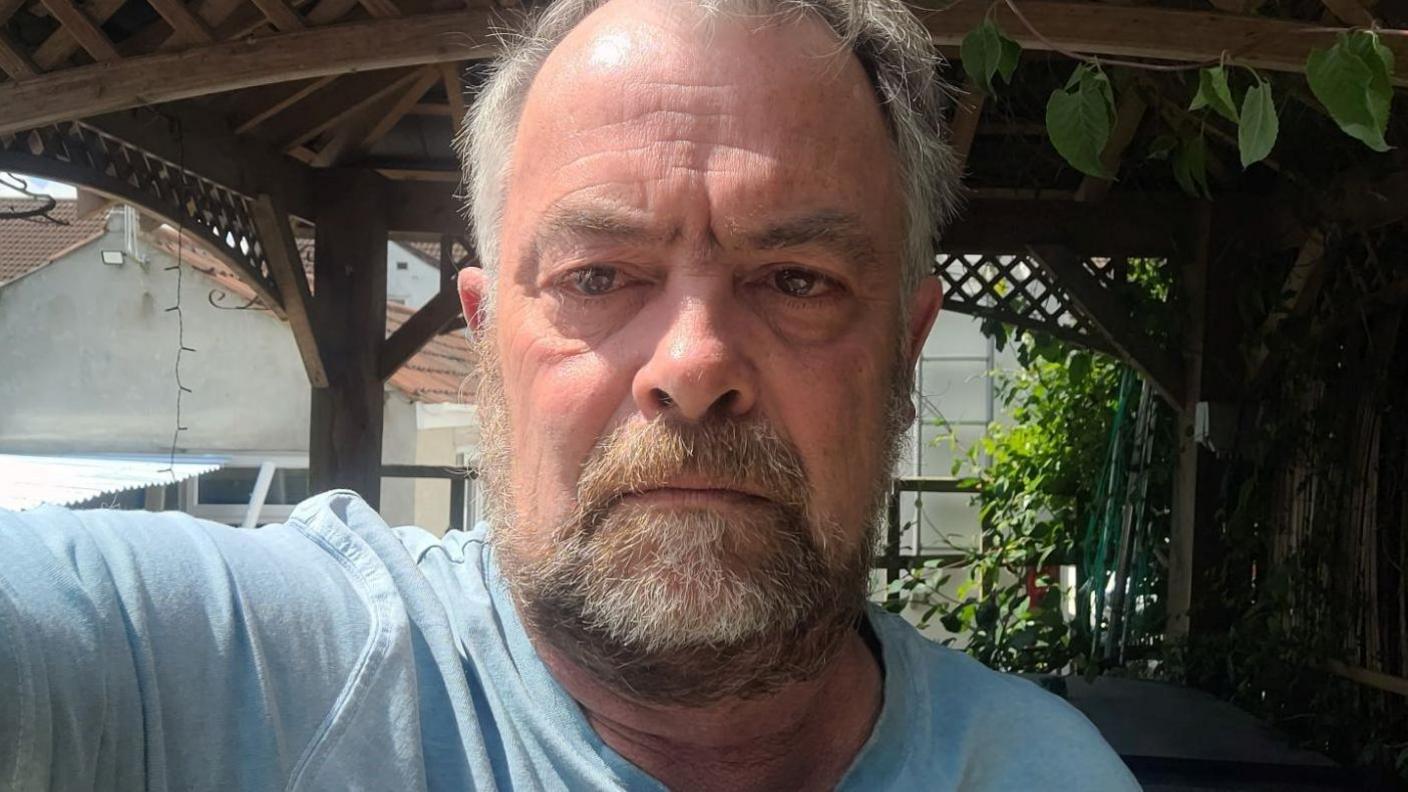
- Published1 July 2024
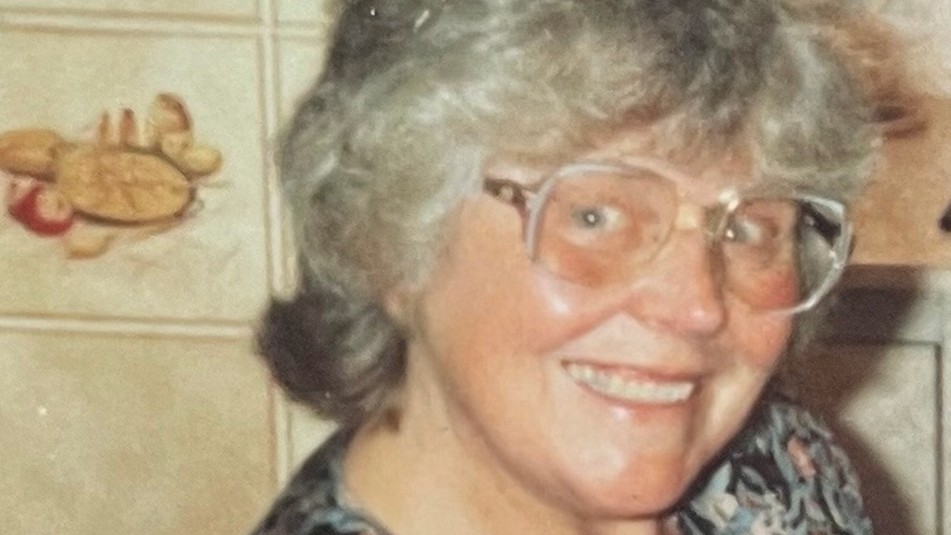
- Published28 June 2024
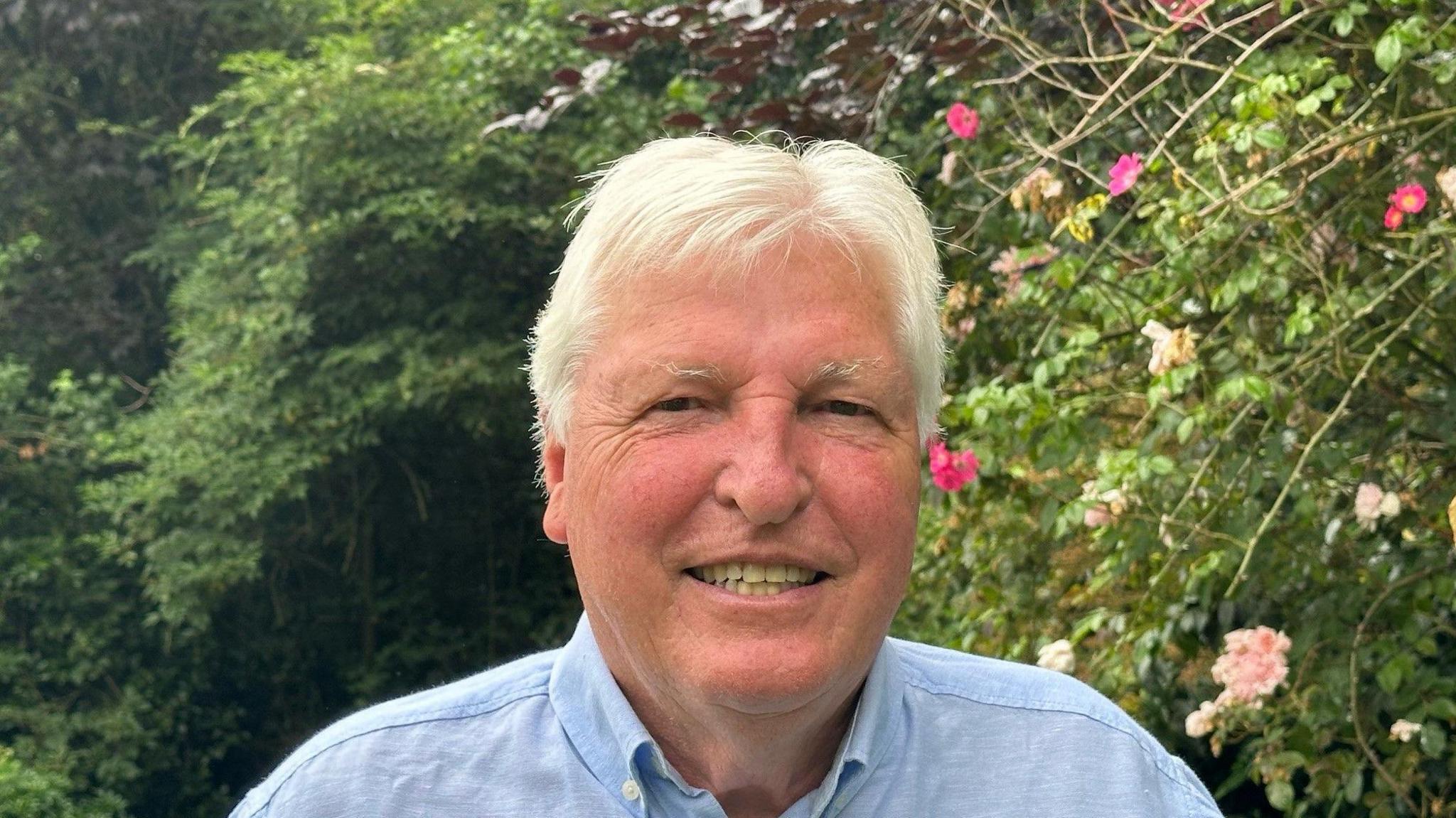
- Published3 July 2024
